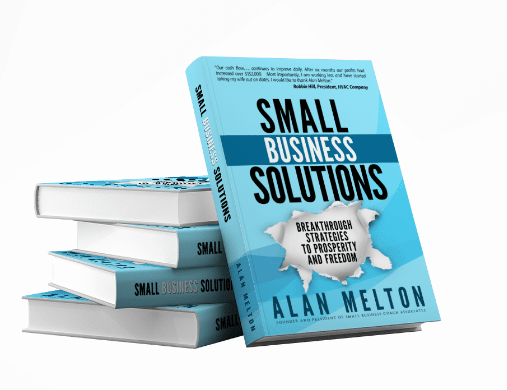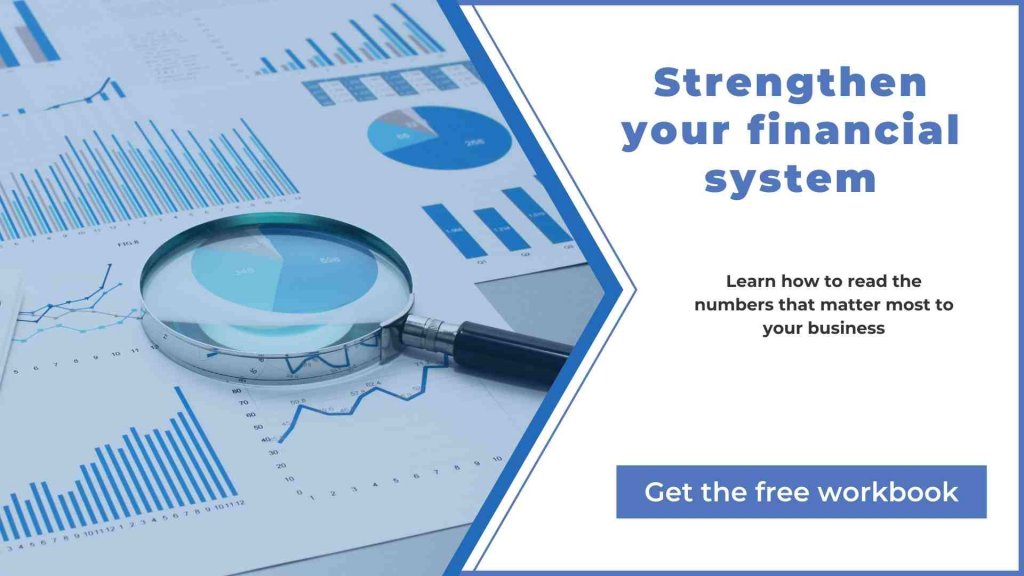VIEW BY TOPIC
- Finding Customers
- Business Systems
- Managing Employees
- Leadership
- Managing Money
Related Posts

Ready to Grow Your Business Fast?
Here’s How I Grew Five Businesses, and Eventually Sold One to a Fortune 500 Company.

Reverse Mortgages as a Great Financial Planning Tool
Reverse mortgages, while often subject to scrutiny and regarded as a financial measure of last resort, can actually be quite versatile and beneficial when used correctly. These financial planning tools are not just meant to assist individuals in dire need but can also be utilized strategically to augment retirement plans, manage long-term care costs, or help with estate planning.
Understanding reverse mortgages starts with acknowledging their nature. Contrary to a traditional mortgage, a reverse mortgage is a loan that homeowners who are 62 or older can take advantage of, enabling them to transform a portion of their home equity into cash. In this scenario, rather than the homeowner paying the lender, the reverse occurs, i.e., the lender provides payments to the homeowner. This opens the door for seniors to improve their financial stability without having to relinquish their homes.
When used correctly, reverse mortgages can serve as an exceptional instrument for a more relaxed and sustainable retirement. Despite its value, this tool is only just beginning to see widespread acceptance. Since the program’s inception, over 1.2 million American families have utilized it.
Considering its growing popularity and ever-increasing importance, it’s time we delve deep into this financial planning instrument and dispel some of the misconceptions surrounding it.
Strategic Use of Reverse Mortgages
Reverse mortgages, when used strategically, can offer a myriad of benefits to homeowners, particularly those in their retirement years. Here are some ways in which these financial tools can be utilized to enhance financial security and provide a comfortable retirement.
Financial Buffer in Retirement
One of the primary benefits of a reverse mortgage is its potential to act as a financial safeguard during retirement. Given the continuous rise in life expectancy, the threat of depleting their savings is a genuine worry for numerous retirees.
A reverse mortgage can supplement income, offering a consistent cash stream that can assist in managing everyday expenses, unforeseen costs, or even recreational pursuits that enrich life quality during retirement. This extra income can offer tranquility, ensuring that a financial safety net is available.
Delaying Social Security Benefits
Another strategic use of reverse mortgages is the ability to delay claiming Social Security benefits. Generally, the longer you delay accessing these benefits (up to age 70), the larger your monthly payouts will become.
By taking advantage of a reverse mortgage to meet living costs in the initial years of retirement, homeowners can defer the start of their Social Security, which can lead to amplified benefits over time.
Managing Long-Term Care Costs
Long-term care costs can be a significant financial burden for many seniors. Whether it’s in-home care, assisted living, or nursing home care, these expenses can quickly deplete retirement savings. A reverse mortgage can be a valuable tool to help manage these costs. The tax-free proceeds from a reverse mortgage can be used to pay for long-term care services, preserving other assets and income streams for further use.
Home Modifications and Health-Related Expenses
As homeowners age, their homes may need modifications to accommodate their changing needs and ensure their safety and comfort. These modifications can include installing ramps, widening doorways, or renovating bathrooms for accessibility.
Additionally, there may be increased health-related expenses, such as prescription medications, physical therapy, or medical equipment. A reverse mortgage can provide the funds needed for these modifications and health-related costs, allowing homeowners to age in place comfortably and safely.
Debunking Common Myths Surrounding Reverse Mortgages
Are Reverse Mortgages Expensive?
While it is true that reverse mortgages can have higher upfront costs compared to other types of loans, they also come with significant benefits. For instance, the ability to eliminate monthly mortgage payments can greatly improve cash flow for retirees.
Additionally, the loan proceeds are tax-free and can be used for any purpose, providing flexibility for homeowners.

Can You Lose Your Home?
A prevalent misunderstanding about reverse mortgages is the belief that the lender can seize your property. This is inaccurate. As long as you comply with the loan terms, such as preserving your home’s condition and keeping up with property taxes and insurance, you are allowed to live in your home for as long as you desire.
Usually, the loan is settled by using the funds obtained from the home’s sale when the final borrower either moves out or passes away.
Does Your Home Have to Be Free and Clear of Any Existing Mortgages?
The initial proceeds from a reverse mortgage must go toward settling any outstanding home loans, yet homeowners aren’t required to have completely paid off their property to be eligible for a reverse mortgage.
Actually, a substantial number of borrowers utilize a reverse mortgage to discharge their current mortgage and abolish the necessity for monthly payments.
Conclusion
Reverse mortgages can serve as a flexible financial instrument with substantial advantages if utilized appropriately. By comprehending the realities and debunking the misconceptions, homeowners can determine if a reverse mortgage aligns with their financial goals. Like any financial move, it’s crucial to seek advice from a reliable financial advisor to investigate all possibilities and comprehend the possible impacts.













